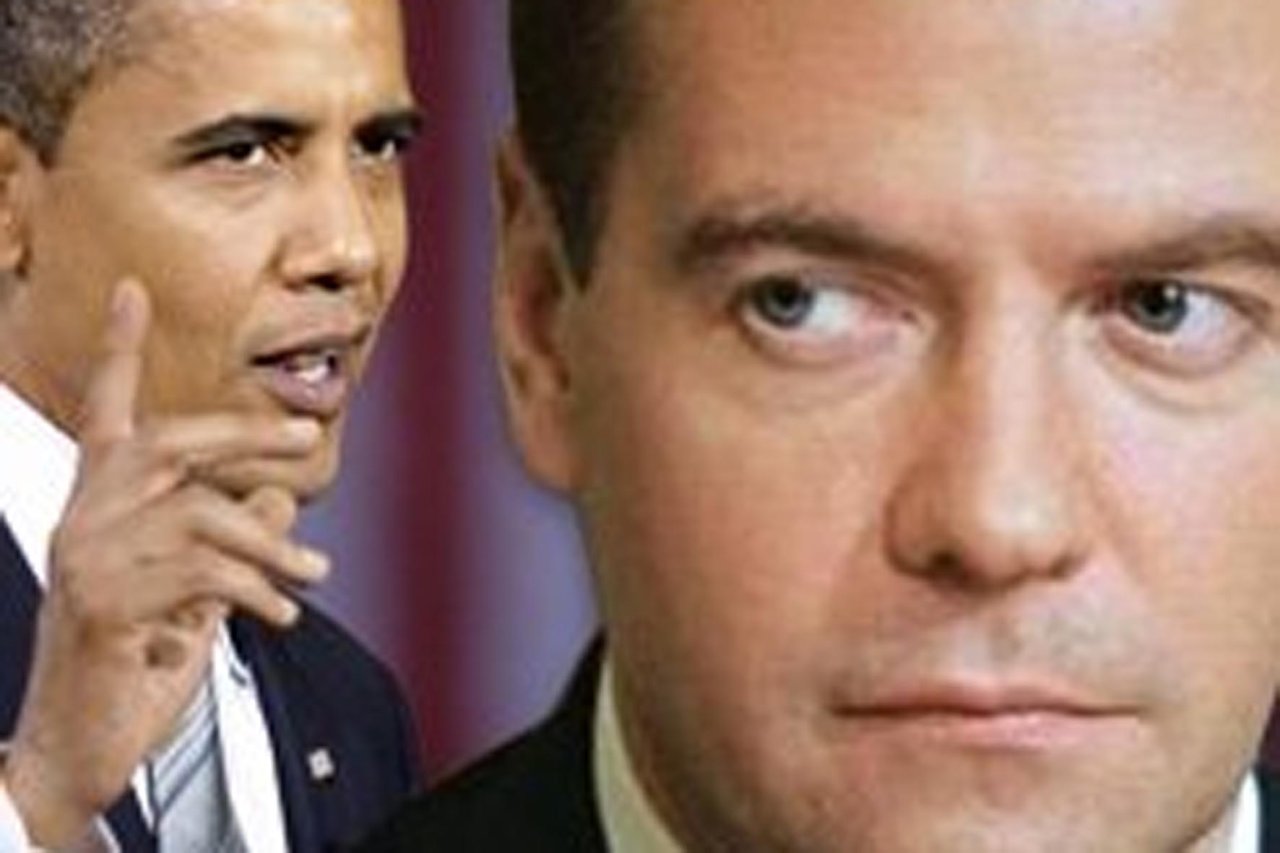Azerbaijan, Baku, July 8 / Trend , E.Tariverdiyeva/
Results of the high-level Moscow meeting have become breakthrough and the sides have many issues to have a common ground, experts believe.
Progress in the talks of U.S. and Russian Presidents Barack Obama and Dmitriy Medvedev was not reached, as it was expected, but a considerable change for the better took place in the two countries' understanding concerning the tasks on the Strategic Offensive Arms (START) and details of a future treaty were approved, Research Fellow at the Carnegie Endowment, Political Scientist Lilia Shevtsova told Trend .
Today U.S. President Barack Obama's Moscow visit has ended. During the visit, the U.S. president met with his Russian counterpart Dmitriy Medvedev and discussed the START and the Anti-Ballistic Missile (ABM), as well as the Iranian issue and transit of the American goods to Russia. The agreement on Obama's visit to Moscow has been reached during the two leaders' April meeting in London before the G20 summit. At that time, Medvedev stated that he is satisfied with familiarization with his American counterpart and hopes for an interesting and fruitful meeting in the Russian capital. The visit took place on July 6-8.
In December 2008 and January 2009, the Russian media reported about development of a new START-2. However, there was not any exact data about its content. A term of the previous treaty expires in December 2009.
Experts believe the main outcome of the presidents' meeting was rapprochement of the positions on control over strategic armaments.
Founder and Senior Counselor at French Institute for International Relations (IFRI) Dominique Moisi believes the most valuable result of the meeting of Obama and Medvedev are arms control. The agreements signed by the two leaders are significant in the sense that it demonstrates good will of both sides, he believes.
"It's nothing surprising, it's nothing spectacular, but it shows the willingness to transcend some of detentions and divisions that may exist between the two countries," Moisi told Trend .
There will be some forward movement towards a framework agreement on strategic arms reduction, Head of the International Relations Department at the Oxford University Neil MacFarlane told Trend .
Another important result has become an agreement (already done in fact) on American transport of military materiel to Afghanistan through Russian airspace, he said.
"The most important progress for Americans was Russia's agreement to transit cargoes and troops of NATIO conducting a military operation in Afghanistan," Shevtsova said.
However, the sides have many issues to solve one of which is the Iranian issue, observers believes.
Although Presidents Obama and Medvedev reportedly had a long discussion about Iran, no U.S.-Russian agreement on Iran was announced, American Expert on Iran Mark Katz said.
He suspects this means that the two leaders were unable to agree on how to deal with it. "Consequently, the main result of the meeting for Iran is that Russia is unlikely to work with the U.S. against Tehran," Professor of the Department of Public and International Affairs of the U.S. George Mason University Katz wrote to Trend in an email.
The Iranian issue remains open, because a common ground has not been found on this issue, Shevtsova believes.
The after the high-level meeting, MacFarlane believes, there may be some movement on Iran, but not much - that one is hard, given Russia's energy policy.
The Obama-Medvedev meeting will not change a general political situation, all observers believe.
"I don't think "restart" in the Russian-U.S. relations can change the relations it the world, because Russia is no longer what it used to be," Moisi said.
But at the same time it is important for the United States to have a descent relationship with Russia and not totally antagonistic one, he believes.
"I am not really optimistic about future relations between the US and Russia, because I don't see the change that I would wish to see in Moscow," Moisi said.
E.Ostapenko contributed to this article.
Do you have any feedback? Contact our journalist at [email protected]






